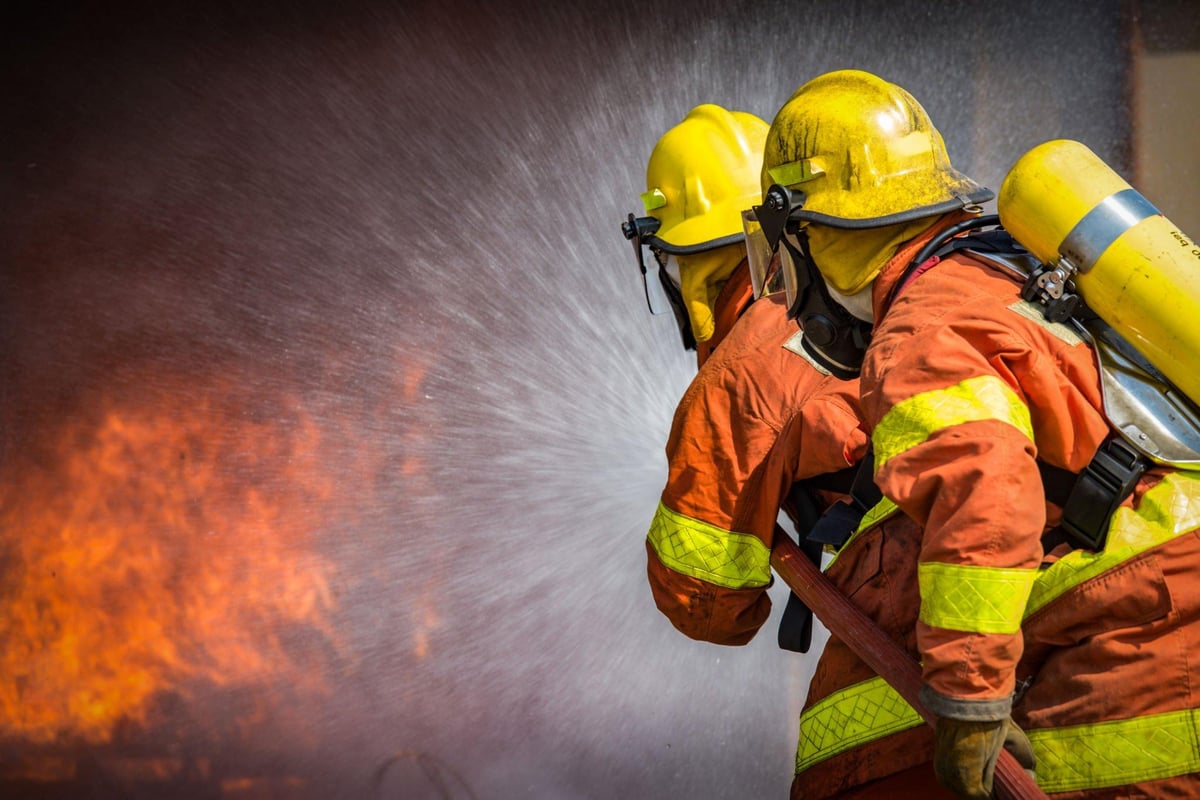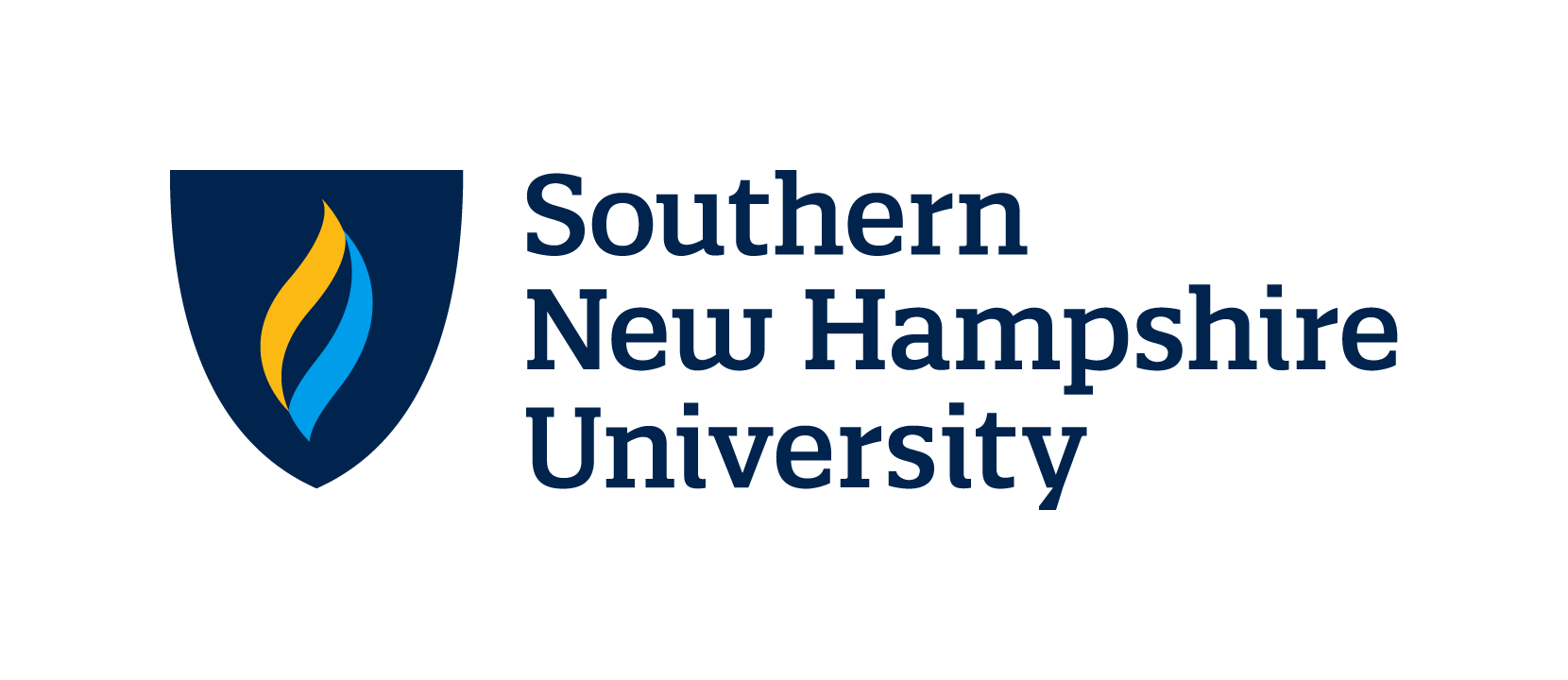Fire Science classes near me in Scranton
In the Scranton metro area, the average cost of a class is $12000 and the average class length is approximately 41 weeks long
Trade and industry classes near
Scranton, PA 18503Online classes
Financial aid
Certificate
Short classes

Liberty University Online
BS: Civil Engineering
- Online, completion in as little as 42 months.
- Option to transfer credits for up to 75% of the entire degree.

Liberty University Online
BS: Aviation Management
- Online, completion in as little as 42 months.
- Option to transfer credits for up to 75% of the entire degree.

Penn Foster
Diesel Mechanics/ Heavy Truck Maintenance Career Diploma
- Affordable, accredited, self-paced
- Students receive Snap-on tools discount
Fire Science classes near me in Scranton
Are you interested in a career in firefighting? Do you want to learn the skills and knowledge necessary to become a firefighter? If you're located in Scranton or the surrounding area, you're in luck! There are several fire science classes available near you that can help you achieve your career goals. In this blog post, we will explore what fire science is, the training requirements, what to look for in a class, what to expect from the day-to-day class, the certification process, how to find related jobs, and what other classes you can take after becoming a Fire Science professional.

Introduction
Fire science is the study of fire behavior, prevention, and suppression. It encompasses the knowledge and skills required to prevent and extinguish fires, as well as investigate their causes. Firefighters play a crucial role in protecting lives and property, and fire science classes provide the necessary training to become an effective firefighter.
What is Fire Science?
Fire science is a multidisciplinary field that combines elements of chemistry, physics, engineering, and emergency management. It involves the study of fire behavior, fire dynamics, fire protection systems, fire investigation, and fire safety. Firefighters need a strong understanding of fire science principles to effectively respond to emergencies and mitigate fire risks.
Training Requirements
To become a firefighter, you must meet certain training requirements. These requirements may vary depending on the state or department you wish to work for. However, most fire departments require candidates to complete the following training:
-
Firefighter I and II certification: These certifications provide the fundamental knowledge and skills necessary to perform firefighting duties. They cover topics such as fire behavior, fire suppression techniques, hazardous materials, and rescue operations.
-
Emergency Medical Technician (EMT) certification: Many fire departments require firefighters to have EMT certification. This training allows firefighters to provide basic medical care to injured individuals at the scene of an emergency.
-
Physical fitness: Firefighting is a physically demanding job, and candidates must pass a physical fitness test to demonstrate their ability to perform the required tasks.
What to Look for in a Fire Science Class
When choosing a fire science class, it's essential to consider certain factors to ensure you receive quality training. Here are some things to look for:
-
Accreditation: Make sure the class is accredited by a recognized accrediting body. Accreditation ensures that the program meets specific standards of quality and provides valuable training.
-
Experienced instructors: The class should have knowledgeable and experienced instructors who have real-world experience in firefighting. They should be able to provide practical insights and guidance based on their own experiences.
-
Hands-on training: Firefighting is a hands-on profession, and hands-on training is crucial to develop the necessary skills. Look for a class that offers practical exercises and simulations to enhance your learning experience.
-
Equipment and facilities: Check if the class has up-to-date firefighting equipment and training facilities. This will allow you to practice using the same tools and equipment you will encounter in real-life firefighting situations.
What to Expect from the Day-to-Day Class
Fire science classes typically involve a combination of classroom lectures, laboratory exercises, and practical training. Here's what you can expect from the day-to-day class:
-
Classroom lectures: You will learn the theoretical aspects of fire science, including fire behavior, fire prevention strategies, and fire investigation techniques. Instructors may use multimedia presentations, case studies, and group discussions to facilitate learning.
-
Laboratory exercises: You will have the opportunity to apply the knowledge gained in the classroom through hands-on laboratory exercises. These exercises may involve using firefighting equipment, conducting fire experiments, or practicing fire investigation techniques.
-
Practical training: Fire science classes often include practical training sessions where you will practice firefighting techniques, search and rescue operations, and emergency medical procedures. These sessions may take place in controlled environments or simulation labs.
The Certification Process
Once you have completed the necessary training, you can pursue certification as a firefighter. The certification process typically involves the following steps:
-
Written exam: You will need to pass a written exam that tests your knowledge of fire science principles, firefighting techniques, and emergency medical procedures.
-
Physical agility test: To demonstrate your physical fitness, you will be required to pass a physical agility test. This test assesses your ability to perform tasks such as climbing ladders, carrying equipment, and dragging hoses.
-
Interview: You may be required to participate in an interview with a panel of fire department officials. This interview allows them to assess your communication skills, problem-solving abilities, and suitability for the role.
-
Background check and medical examination: Fire departments typically conduct background checks and medical examinations to ensure candidates meet the necessary criteria for employment.
-
Probationary period: If you are selected, you will begin a probationary period where you will receive on-the-job training and further evaluation. Successful completion of this period will lead to full-time employment as a firefighter.
How to Find Related Jobs
After completing your fire science training and obtaining certification, you may be wondering how to find related jobs. Here are some avenues to explore:
-
Local fire departments: Contact your local fire departments to inquire about job openings. They may have positions available for entry-level firefighters or may be able to provide guidance on upcoming recruitment processes.
-
Networking: Network with individuals already working in the firefighting industry. Attend career fairs, join professional organizations, and connect with firefighters on social media platforms like LinkedIn. Networking can help you uncover hidden job opportunities and gain valuable insights from experienced professionals.
Other Classes to Consider
Once you have become a certified firefighter, there are several other classes you can consider to enhance your skills and advance your career. Some of these classes include:
-
Advanced Firefighting Techniques: These classes build upon the foundational knowledge gained in fire science classes and provide in-depth training on advanced firefighting strategies and tactics.
-
Hazardous Materials Response: This class focuses on the safe handling and mitigation of hazardous materials incidents. It covers topics such as chemical properties, decontamination procedures, and emergency response protocols.
-
Fire Investigation: If you're interested in investigating the causes of fires, this class can provide the necessary training. You will learn how to collect evidence, analyze fire patterns, and determine the origin and cause of fires.
-
Incident Command System: This class prepares firefighters for leadership roles by teaching them how to manage emergency incidents effectively. It covers topics such as incident command structure, resource allocation, and decision-making.
Final Thoughts
Fire science classes are an excellent way to kickstart your career in firefighting. They provide the necessary knowledge and skills to become an effective firefighter and serve your community. If you're interested in finding fire science classes near you in Scranton, be sure to check out Dreambound. Dreambound is the largest platform for students to find vocational training programs, such as fire science, allied health, or industrial trades. Their mission is to provide all the information students need to find the perfect class. Visit Dreambound today and take the first step towards a rewarding career in firefighting!
Check out Dreambound's extensive guides focusing on the unique challenges and requirements for each city in the US. For more detailed information, see some of our other guides below.
- How to Become a Firefighter in District of Columbia
- How to Become a Firefighter in Idaho
- How to Become a Firefighter in Mississippi
- How to Become a Firefighter in New Jersey
- How to Become a Firefighter in South Carolina
Pondering a shift in your career path or exploring different professional avenues? Dreambound has created detailed guides to support you in making informed decisions:
FAQ
What is Dreambound?
Dreambound is the largest platform for students to find career & technical training programs. While we can't guarantee a career outcome, our mission is to provide all the information you need to find the perfect program for you.
What programs do you offer?
Dreambound has over 70 programs across healthcare, technology, business, and industrial trades. This includes programs such as Medical Billing, Cybersecurity, and welding.
Do you offer financial aid?
Some of our schools offer financial aid for those who qualify. Many others offer payment plans, where you can pay the cost of class over time.
Is it possible to do online classes?
Yes, Dreambound offers many online programs. On Dreambound's search, you can filter by online, in-person, and hybrid (part online, part in-person).
